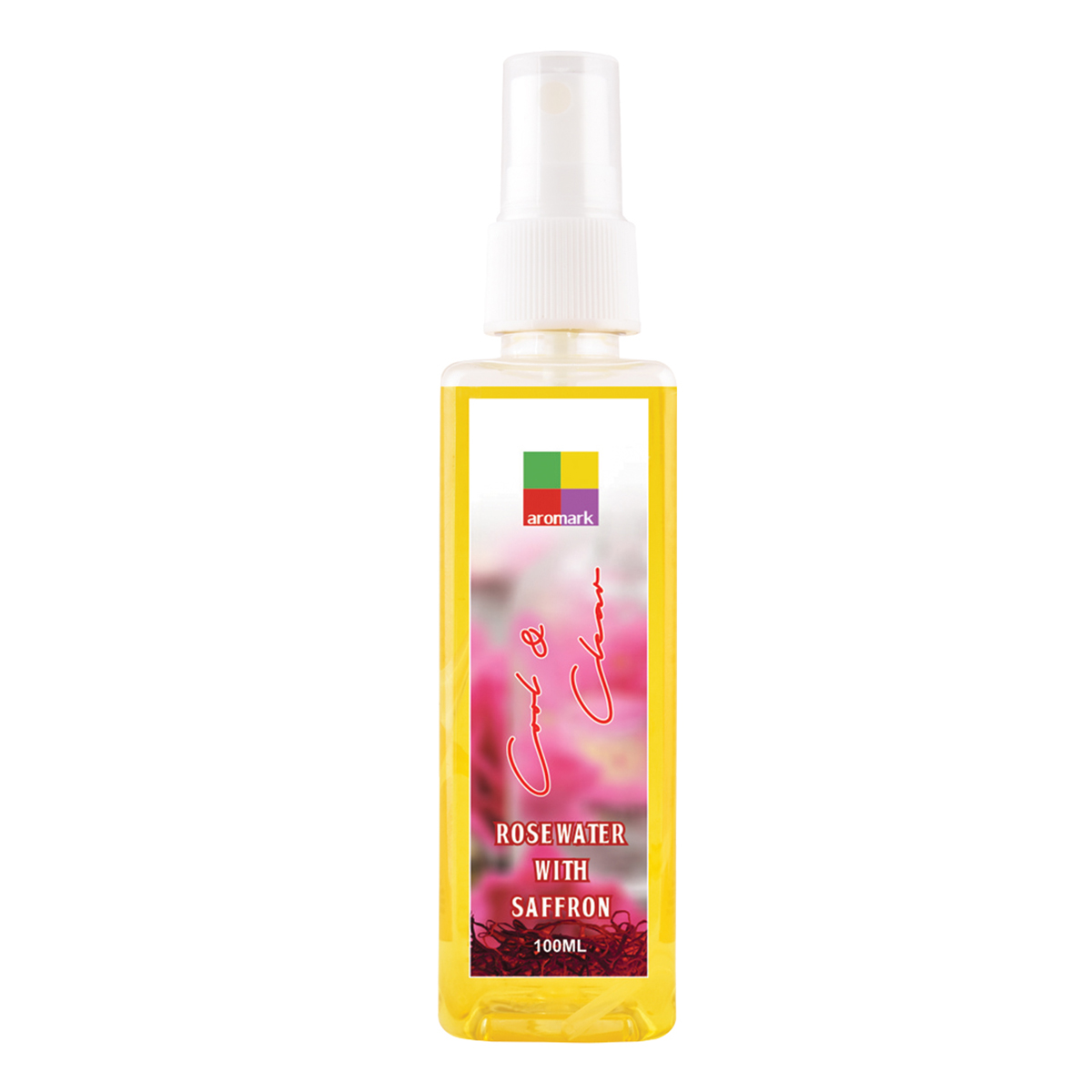
Since acne is a very common problem that affects most people at a certain point in life, there is a lot of scientific research and speculations too on the topic of this skin condition. The factors that cause acne are many and most of them are a matter of general knowledge, but not many people know that water retention plays a huge role as well.
About acne
Acne vulgaris is the medical term for a common skin condition that comes in several forms. It can be scaly red skin called seborrhea, comedones, which includes whiteheads and blackheads, papules, pustules, nodules and scarring.
Regardless of the form, acne usually appear on the areas of skin that contain the largest number of sebaceous follicles, which secrete an oil called sebum. Sebum is very important for the skin, as it moisturizes, lubricates and protects it. However, too much sebum can lead to problems. Acne are mostly seen on the face, but they are known for appearing on other parts of the body as well, especially on the back, the shoulders, the chest and the upper arms.
Acne, especially in severe form, is an inflammatory condition, but there are non-inflammatory forms as well. this skin condition is particularly common during adolescence. For some people the problem stops once the teen years are over, but for some, acne persist even throughout adulthood.
Water retention and acne
There are many factors which contribute to the onset of acne, and some may be surprised to learn that water retention is one of them.
Water retention occurs when there is a build-up of excess water between the tissues and in the spaces between the cells. As for its causes, one of the major ones is inadequate intake of fluids. When the body does not get enough water, it starts storing it, which leads to water retention.
Other causes include too much sodium in the diet, too much sugar, alcohol, toxins and waste products. Kidney problems also lead to water retention.
Water retention affects many bodily functions. As for the acne, they are associated to water retention because excess water causes pressure on the cells, including the skin cells, which leads to blocked pores. Inside a blocked pore the sebum mixes with dirt, dead skin cells and toxins, making a favorable breeding ground for the bacteria, and it all results in acne.
In order to solve both of the problems, water retention and acne, it is recommended to start by drinking more water. Eight to ten glasses per day will not only hydrate the body so it does not have to store fluids anymore, but it will also flush out the toxins that are responsible for the onset of acne. This, coupled with proper diet and moderate exercise, will significantly reduce the risk of acne outbreaks.




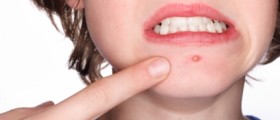

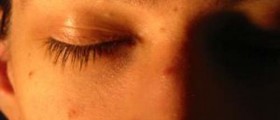
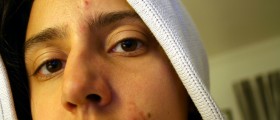

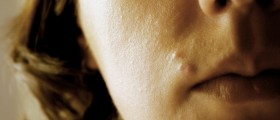


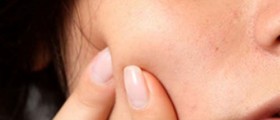




Your thoughts on this
Loading...